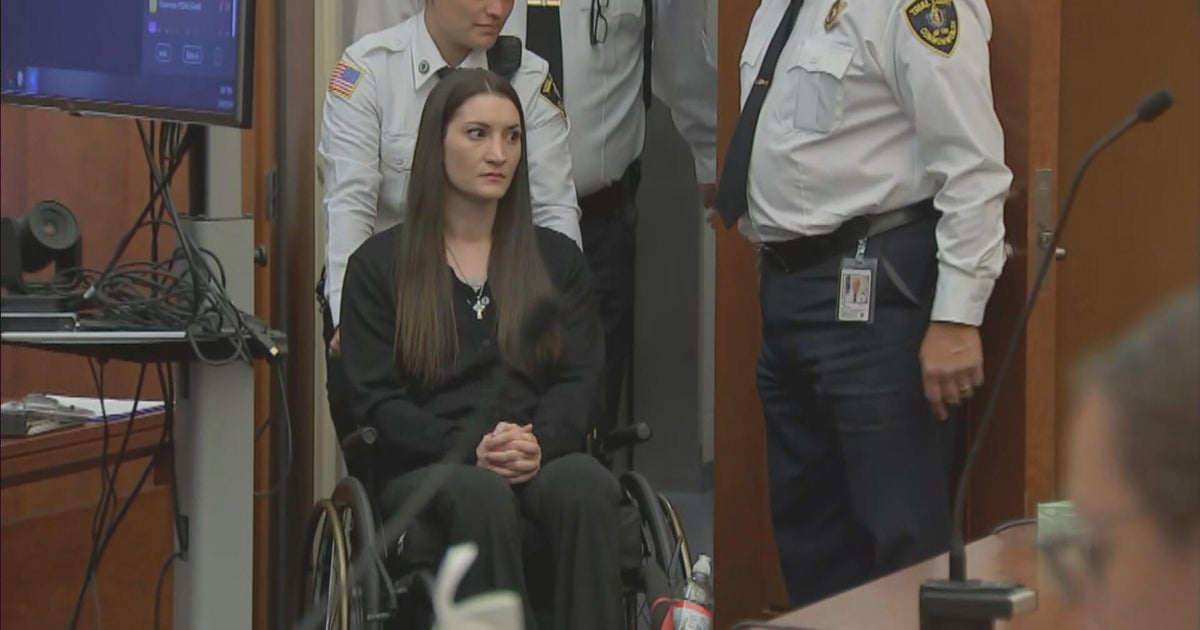How can we slow the alarming rise of Type 2 diabetes in children?
Type 2 diabetes was once known as "adult onset" because it was so rare in kids. Not anymore. With one in five school-age children considered obese, the rate of Type 2 diabetes in young people is climbing. The newest study shows an almost 5 percent jump over a decade for those between the ages of 10 and 19.
Dr. Tara Narula joined "CBS This Morning" to discuss what's behind the alarming rise, how the complications resulting from diabetes are happening earlier in life, and the importance of educating kids on the dangers of the disease.
"This is not something we talked about 20 years ago and it is heartbreaking to think that now in this country there are about 20,000 children – children – who have Type 2 diabetes," Narula said.
Narula said the biggest risk factor for developing the disease is obesity.
"We have an obesity epidemic. In addition to that, look at the lifestyle we lead now. How many of our children are getting the recommended 60 minutes of exercise? How many are sitting in front of screens all day long eating fast and processed food?"
In addition to the environmental factors that can precipitate diabetes, there's a family history component.
"As a society we're all having more diabetes as adults. We can potentially pass that on to our children," Narula said. "And what happened prenatally – the more women have gestational diabetes, the more their kids are at risk for developing Type 2 diabetes."
But there are still many questions about how to best treat the disease in children.
"We do not have enough research to know how to appropriately treat children. We're basing a lot of it on adults and what we do for adults. But for example, we have a lot of medication that we can use for adults. For kids we can only use two so far that are considered safe and approved by the FDA," she said.
Medicine aside, the way we engage and educate kids about diabetes also needs attention.
"We have to not talk down and preach to them. We have to educate them and empower them. We have to use things that kids like to use, like technology, to bring them into learning about diabetes education. We have to make our messaging culturally appropriate because there are racial and ethnic differences in how this disease affects kids," she said.
Part of that education and empowerment starts with parents.
"Parents are part of the issue and they need to be part of the solution. You have to engage the whole family in the process of dealing with this, to teach them how to eat healthy and exercise because lifestyle is part of it," Narula said.
Another troubling aspect of the disease are the medical complications associated with it that occur down the road. Narula said those complications are happening at an earlier age.
"What people don't really think about with this disease, we see the complications not when kids are 50 or 60 — we're seeing this as early as five or 10 years down the road, when kids are now in the prime of their lives. They're starting jobs, they're in college, they're having families — and what's happening to them? They're developing end-stage renal disease, leading them to dialysis, heart attack and stroke, neuropathy — big, big problems —retinopathy, blindness."



